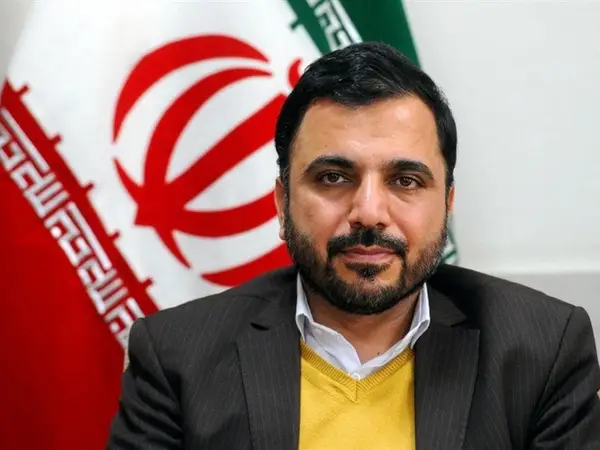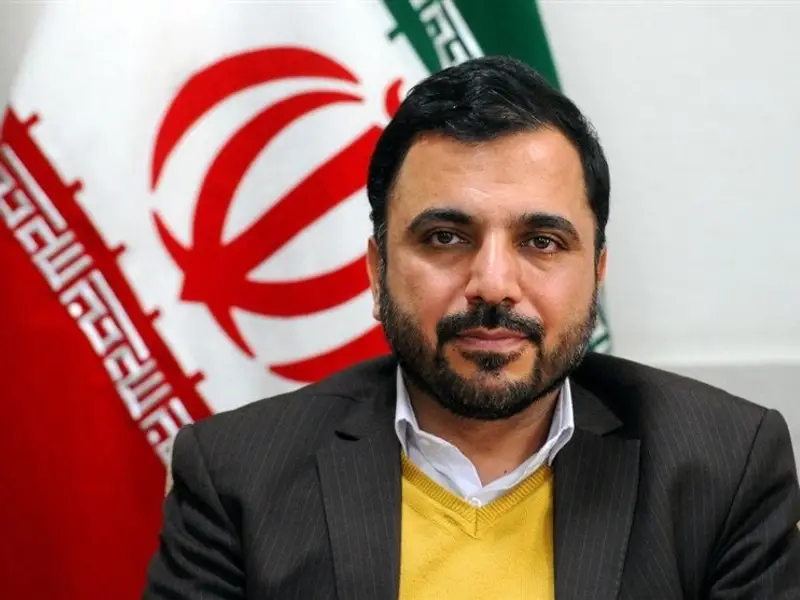Iran’s minister of communications says in the current situation, he is not in favor unblocking social media platforms such as Telegram, WhatsApp, and Instagram.
This is the first time Issa Zarepour has openly revealed his opposition to removing the restriction on the popular platforms imposed last year after anti-regime protests broke out.
“I am not a decision-maker in this regard; it depends on different conditions... We are looking to empower domestic companies in virtual space,” he said on the sidelines of Eid-ul Fitr prayers on Saturday.
Last week, in a meeting with student activists, President Ebrahim Raisi said that foreign social media would be unblocked if they establish offices in Iran.
The Iranian parliament approved the general outline of a bill last year to restrict internet and access to various apps and platforms. The bill is ironically titled Legislation to Protect Cyberspace Users’ Rights.
The law requires foreign and domestic social-media networks and messaging applications to register with a regulatory and supervisory board that includes representatives of the intelligence ministry and the Revolutionary Guards intelligence organization.
In February, the former head of the Iranian Revolutionary Guard's intelligence and adviser to its commander also said that the internet has to be restricted because the "enemy" controls it.
Hossein Ta’eb stated that a "hybrid war" is taking place today instead of “bombings and missiles.”
Thousands of websites have been blocked for the past two decades, but after protests last year, the regime expanded its Internet restrictions.
An overwhelming majority of Iranians routinely use circumvention software to go around government blockages.

